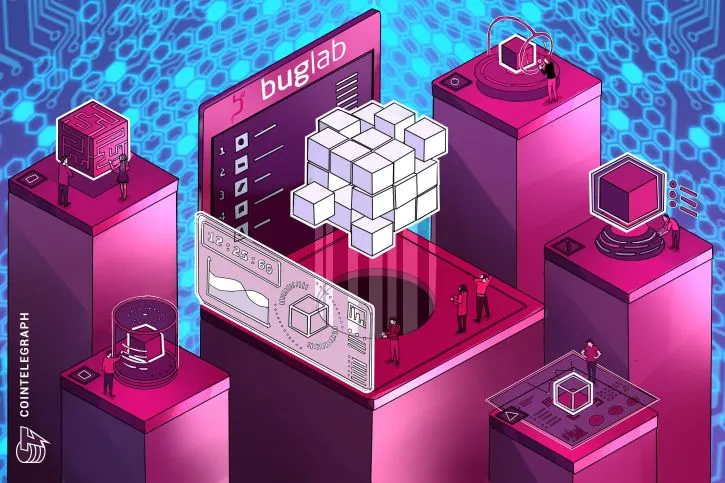
Buglab, a platform based on the Ethereum blockchain, aims to strengthen the security of information by transforming the vulnerability search process into challenges, or "contests", for certified cybersecurity testers. By setting time limits for these experts to find vulnerabilities, they will be rewarded for their cumulative discoveries. Buglab also plans to protect the cryptocurrency exchanges by organizing the tests with a $ 2 million reward fund.
The company says its methods can help overcome the current problems of traditional security tests: costs of inefficiency, lack of resources and irrelevance in reports. Clients would benefit as several cybersecurity researchers are assigned to the task in a competitive manner. In addition, these evaluators could add an in-depth analysis of any problems discovered.
In addition to the contests, Buglab has a program called Vigilante Protocol where the 'white hat' hackers can share what they have discovered as system vulnerabilities. Buglab would then work with the computer emergency response teams (CERT) around the world to ensure that vulnerabilities do not recur in other instances.
Buglab says its goal is to help companies for free, and white hat hackers will be rewarded with the Vigilante Protocol reserve, which will be financed by 20 percent of the tokens created by the platform.
Address the cybersecurity gaps
In the current arms race between cybersecurity and online hackers, it seems that the security side is losing. As cybernetic professionals adopt new methods to block hackers, criminals, in turn, can develop their methods in new and more imaginative ways. This is not helped by the lack of manpower on the security side. In 2017, data from a Global Information Security Workforce Study project that by 2022, there will be a deficit of 1.8 million information security workers.
With Gartner predicting the need to spend $ 93 billion on information security this year, Buglab's white paper says its service will provide a "unique, competitive, incentivized and user-friendly" platform to address this widespread business need and Growing. "They point out that many companies that already have cybersecurity systems may not be aware of any gaps or weaknesses in their defenses.The goal of Buglab is to help these companies identify, and thus mitigate, any cybersecurity breach. that is present.
Recently, Buglab was a finalist at the ICO RACE in Lugano, Switzerland, and - from June 16 to 19 - was launched at the Blockchain Economic Forum in San Francisco.
According to the company's website, the diverse team behind Buglab has a wide range of experience and experience in blockchain and crypto. The back-end developer Alexander Belokon has worked in code for more than 15 years. Founder and CEO Reda Cherqaoui has worked in a variety of technological environments, from banks to electronic products. He said he helped Internet giants, including Google and Yahoo, to find vulnerabilities for free, and in 2011 his platform called Agatha supposedly found an error in Facebook's security system, which gave access to user accounts without passwords
Token Buglab and a road map
The platform token itself, BGL, is based on the token compatible with ERC-20, and is used to feed all transactions in the Buglab ecosystem and as a reward incentive for researchers.
Buglab will execute a token distribution event (white list required) as of June 30, 2018, for a period of four weeks.
According to the company, in total Buglab will create 425 million BGL tokens, of which, 40 percent, or 170 million will be allocated to the token distribution event. The sale price of the BGL token is blocked at $ 0.15 for the duration of the sale of the token. Buglab will offer participants a 25 percent bonus during pre-sale.
The company says they planned to launch the public beta version of the platform in Q3 of 2018, but due to Bithumb's recent bout an exchange of Coinrail, the team decided to launch a private beta and perform security tests on free cryptocurrency exchanges.
Each exchange will obtain a business plan of $ 10,000 and $ 10,000 as a bonus. If no vulnerability is found, the exchanges will get $ 10,000 so they can run a security contest later. The reward will be paid to the chip investigators after the sale ends.
The Buglab roadmap for 2018 after the presale will see public sale in the third quarter, along with the start of the blockchain migration and the public beta. In the fourth quarter will be the launch of Contest and Vigilante Protocol.